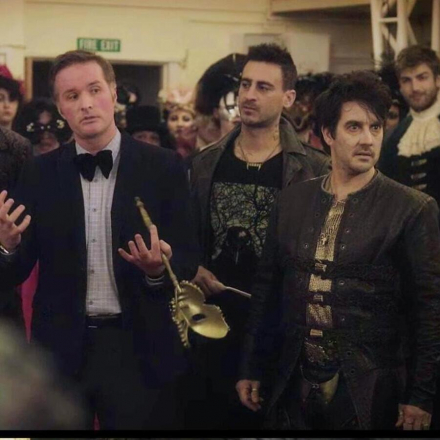Confidence is not an abstract concept; it is a concrete understanding of yourself and what you are capable of. Many people confuse confidence with belief, but these are two completely different things. Belief is often based on illusions and ideas, while confidence is a clear understanding of your abilities and limits.
Imagine this scenario: you wake up in the middle of the night in your apartment, where you’ve lived for five years. It’s dark, and you can’t see anything, yet you make your way to the bathroom without turning on the light. Are you confident you’ll get there? Absolutely! You know every corner of your apartment. You don’t believe you can reach the bathroom; you simply know how to do it. This knowledge is based on your experience, on the days you’ve spent in that space.
Now, think about an upcoming big event: a wedding or an anniversary. Your 60 square meters can accommodate no more than 15 people, but you need to host 50 guests. What do you do? That’s right, you rent a café. Not because you don’t believe in your apartment, but because you know it simply can’t fit everyone. That is the essence of confidence — a clear awareness of reality.
This approach can be applied to other aspects of life as well. For instance, if you want to learn to play the guitar, you don’t just believe you can do it. You study chords, practice every day, and eventually, you confidently pick up the instrument, knowing you can play your favorite tune.
Psychotherapy aims to help us better understand ourselves. It doesn’t promise to make you believe in your abilities; it simply shows you how to unlock your inner resources and realize your potential. The more you know about yourself, the more confident you become in your actions.
Some people may think that confidence is an inherent trait, something you either have or you don’t. But in reality, confidence can be developed. It requires time, effort, and, most importantly, a sincere desire to understand who you truly are.
The key to confidence is knowledge. Knowledge about your strengths and weaknesses, what you like and dislike, what you excel at, and what you struggle with. This knowledge will allow you to make informed decisions and act with confidence.
Don’t believe in yourself — know yourself. And then confidence will become your loyal companion, helping you overcome any challenges and achieve your goals.


















